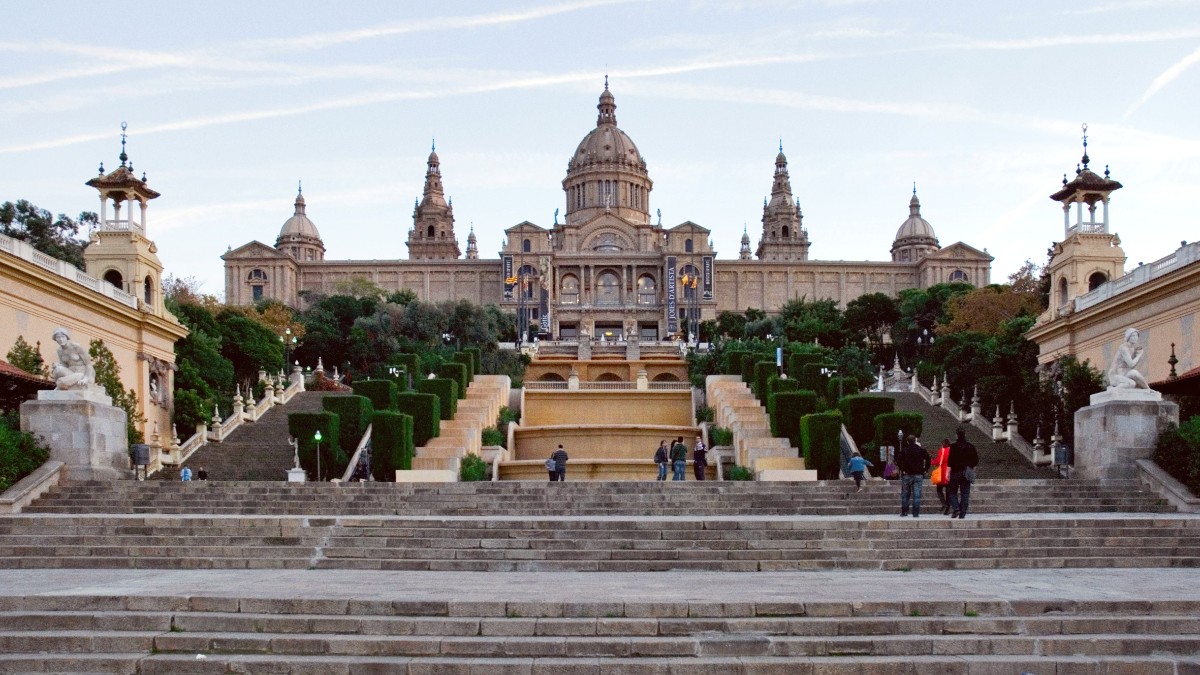
The Palau National Marine Sanctuary covers 80% of Palau's Exclusive Economic Zone. It protects critical marine habitats, including spawning and feeding grounds for tuna, and acts as a shark sanctuary. This initiative demonstrates Palau's deep commitment to ocean health. The Rock Islands Southern Lagoon, an UNESCO World Heritage Site, undergoes management for conservation and sustainable tourism. All visitors upon arrival sign the Palau Pledge, a mandatory conservation pledge. This unique initiative commits to protecting Palau's environment and culture. It is stamped into passports, a constant reminder of that promise.
Respect for Palauan culture makes your visit meaningful.
Your travel choices positively influence Palau's economy.
The Palau Pledge environmental fee funds conservation efforts. This benefits local communities by preserving their natural resources, fundamental for livelihoods and tourism.
Adherence to the Palau Pledge and thoughtful spending support Palau's environmental health and local economy. Your choices make a difference. Always observe local customs and be mindful of your environmental footprint.
Palau is a leader in sustainable tourism, with initiatives that define its visitor experience.
A mandatory conservation commitment for all visitors upon arrival, stamped into passports.
Vast protected areas safeguard critical marine habitats and underwater ecosystems.
Tourism initiatives channel benefits towards local communities and cultural preservation.
Every visitor is a role in safeguarding Palau's natural beauty and cultural heritage. Responsible choices contribute to a lasting positive influence.